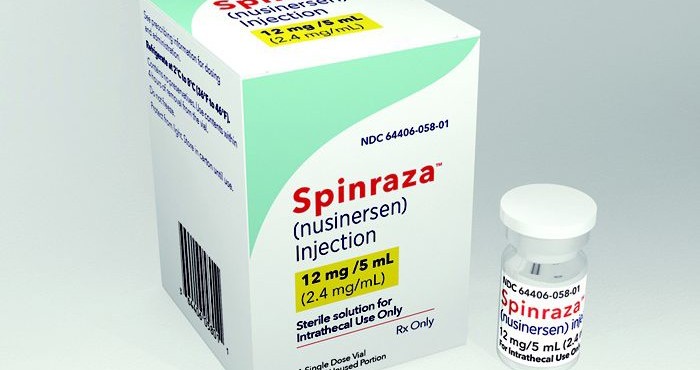Clare Fine Gael TD Joe Carey has been told that the HSE is still considering if people with spinal muscular atrophy will be reimbursed the cost of a drug that can alleviate the rare muscle wasting condition which is the leading genetic cause of death in infants and toddlers.
In response to a Dáil question from Deputy Carey last week, Health Minister Simon Harris said that an application for the reimbursement of Nusinersen (Spinraza) is being processed by the HSE. However, no decision has been arrived at as yet as the statutory assessment process is still ongoing.
Deputy Carey said that he tabled the Dáil question to the Minister after learning that a young boy from Sixmilebridge was suffering from spinal muscular atrophy and without Spinraza, his condition would continue to deteriorate.
He explained that the drug, which is already approved in 19 other EU countries, would give ten-year-old Jordan Perez the chance of a longer and higher quality of life by helping to slow down, stop or even reverse the progression of the disease.
In his Dáil reply, Minister Harris said that the HSE has statutory responsibility for medicine pricing and reimbursement decisions, in accordance with the Health (Pricing and Supply of Medical Goods) Act 2013. The Act specifies the criteria for decisions on the reimbursement of medicines.
“HSE decisions on which medicines are reimbursed by the taxpayer are made on objective, scientific and economic grounds, on the advice of the National Centre for Pharmacoeconomics (NCPE). The NCPE conducts health technology assessments (HTAs) for the HSE and makes recommendations on reimbursement to assist HSE decisions.
“The HSE strives to reach a decision in as timely a manner as possible. However, because of the significant monies involved, it must ensure that the best price is achieved, as these commitments are often multi-million euro investments on an on-going basis. This can lead to a protracted deliberation process,” Minister Harris added.




